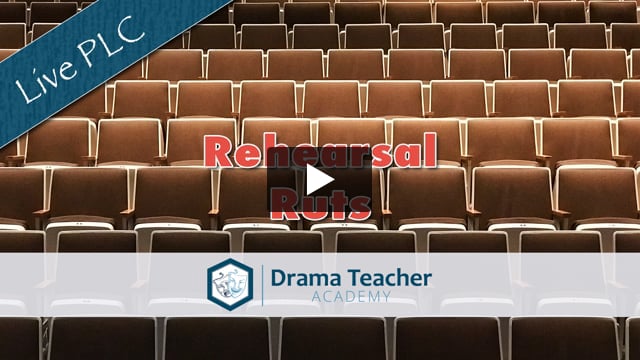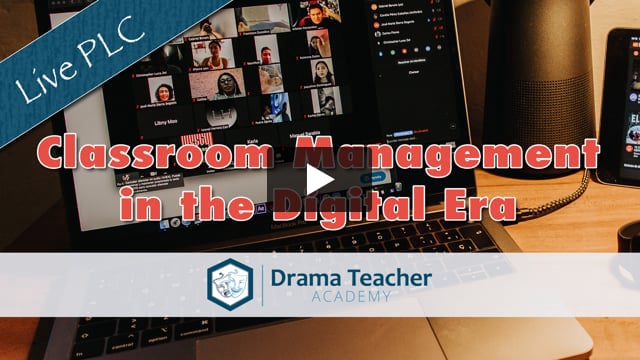Items tagged "Popular"
3 Courses, 6 Units, 5 Lesson Plans, 6 Resources, and 6 PLCs tagged "Popular" for Drama Teachers.
Courses
From Audition to Curtain Call: Directing Youth Theatre
by Steven Stack
Mission Possible: Creating A Mission And Unified Vision For Your Theatre Program
by Amy Patel
The Do-it-All Director's Introduction to Costuming
by Holly Beardsley
Units
What is Theatre?
by Karen Loftus
Stage Movement
by Karen Loftus
Improvisation
by Karen Loftus
Script Analysis: The Actor's Perspective
by Karen Loftus
Front of House
by Karen Loftus
Character Analysis - Part 1
by Matt Webster
Lesson Plans
00 - Emergency Lesson Plans Ebook
by Lindsay Price
01 - Emergency Lesson Plans: Middle School Drama Class Task Sheets
by Drama Teacher Academy
End of the Year Lesson: Soundtrack the Year
by Lindsay Price
End of the Year Lesson: Lip Sync Battle
by Drama Teacher Academy
End of the Year Lesson: Low-Tech Design
by Drama Teacher Academy
Resources
Idea for the Last Weeks of School
Last Minute Sub Solutions
00 - Scenes for Classroom Study eBook
13 - Story Theatre Scripts
Emergency Lesson Plans eBook
Student Tech Teams: Worksheets
PLCs
Technical Theatre
Hosted by Matt Webster and Karen Loftus
Monologues
Hosted by Matt Webster, Lindsay Price, Matt Banaszynski, Gai Jones
Devising
Hosted by Lindsay Price, Matt Webster, Amy Patel, Jessica Fagerstrom
Rehearsal Ruts
Hosted by Matt Webster, Lindsay Price, Karen Loftus, Jessica Fagerstrom
Classroom Management in the Digital Era
Hosted by Matt Webster, Lindsay Price, Jessica McGettrick, Allison Green
Putting Up Your First Musical
Hosted by Matt Webster, Lindsay Price, Jeremy Bishop, Jessica McGettrick














